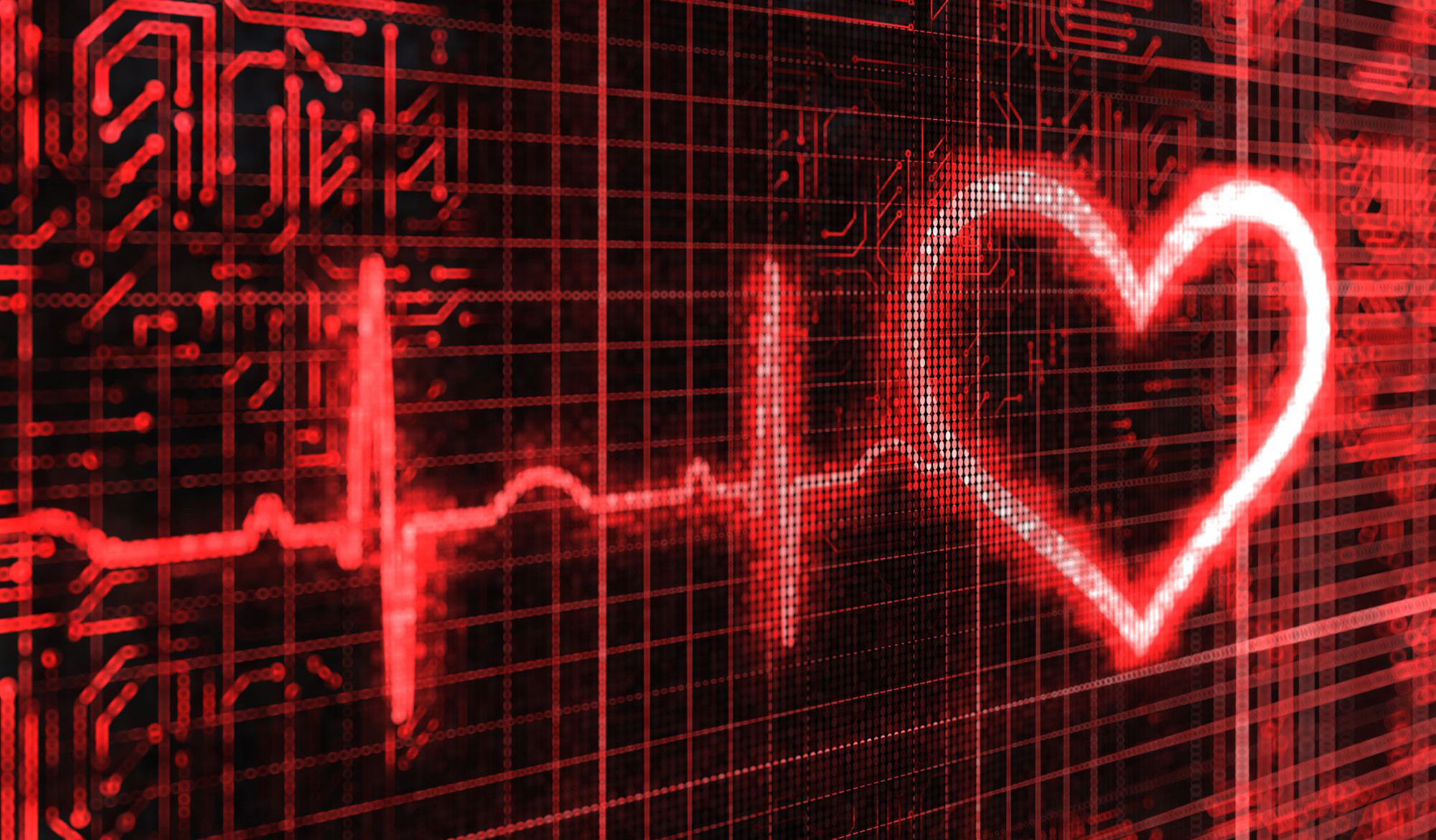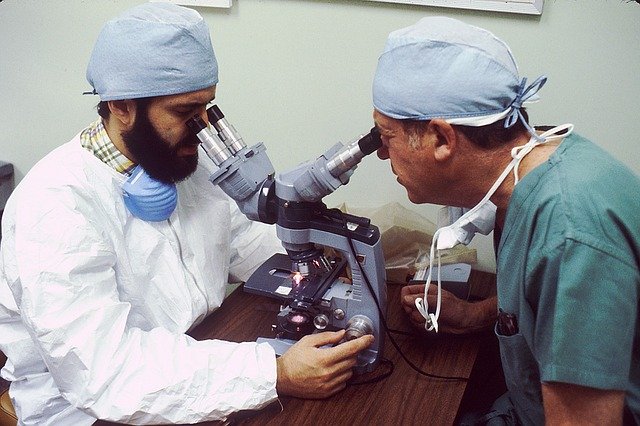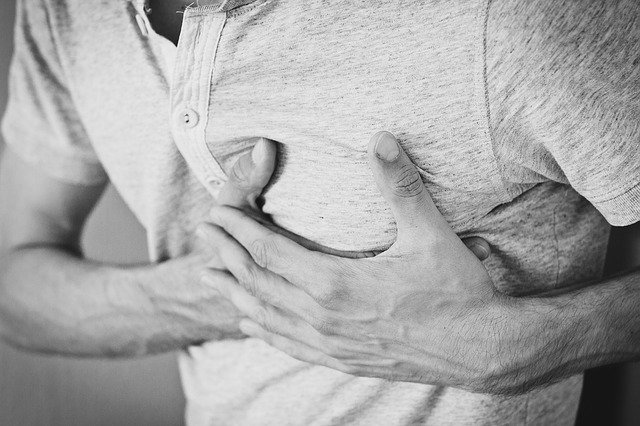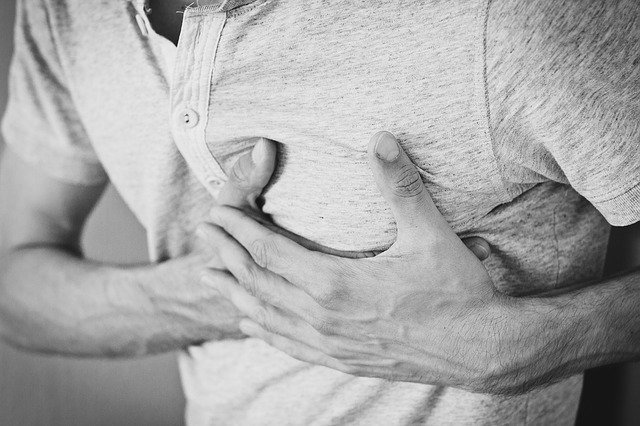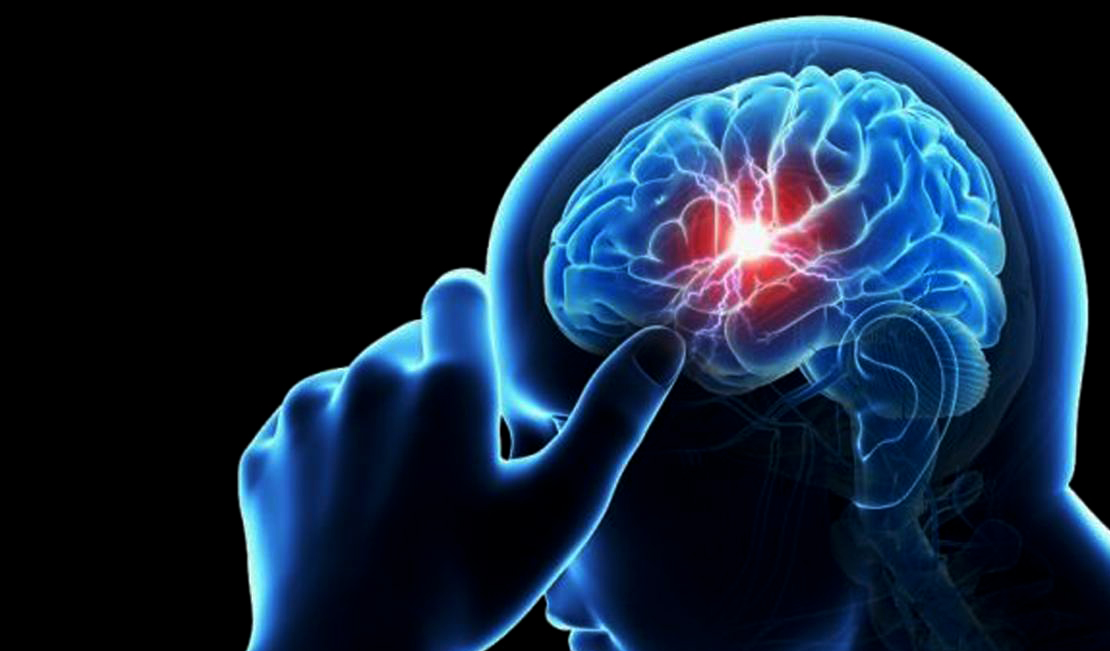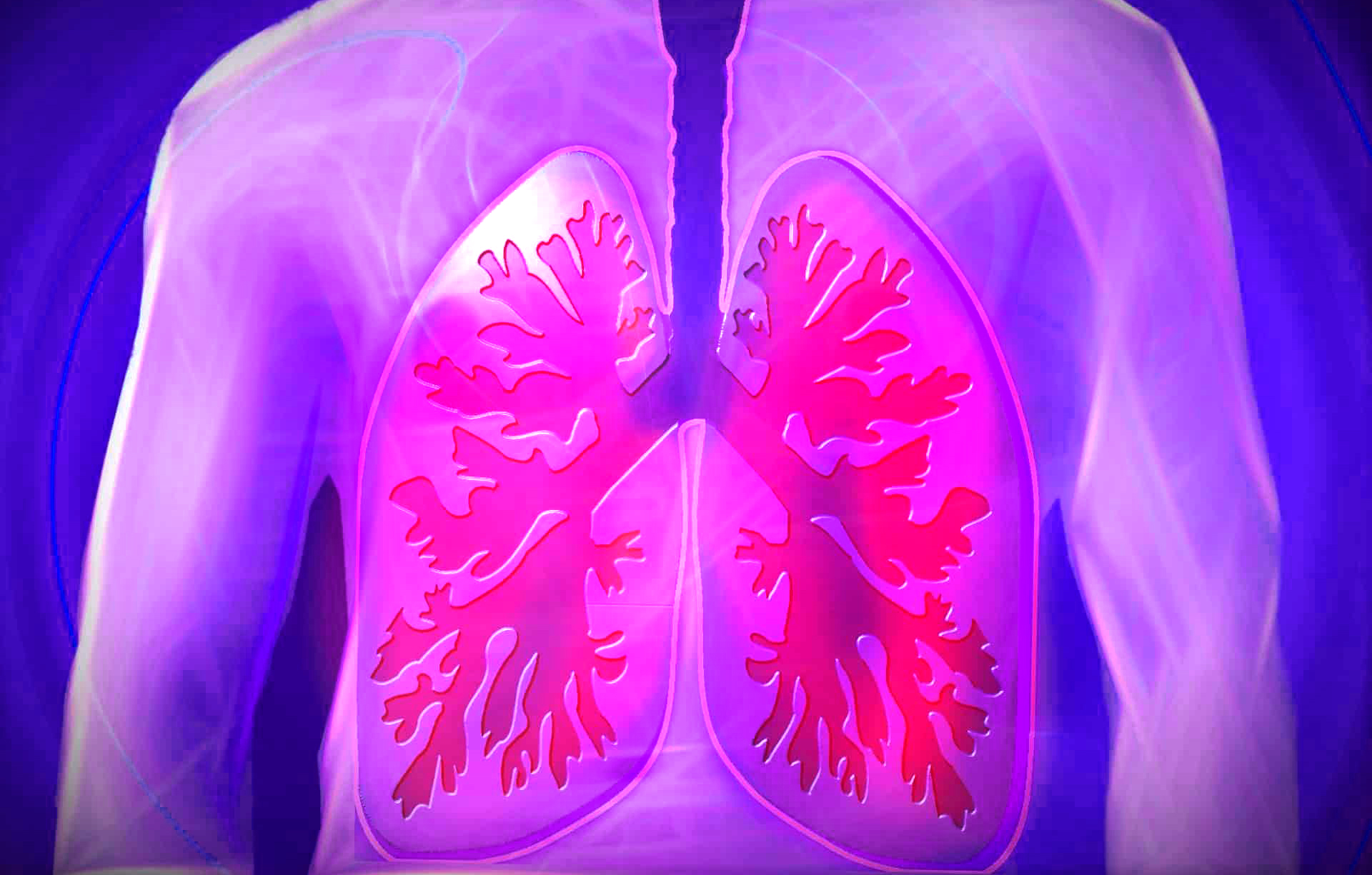When at rest and without reason the heart beats faster than normal, we feel what are called heart palpitations. Under normal conditions the heart beats between 60 and 100 times per minute; if the heart rate exceeds 100 beats at rest it is called tachycardia, and when it is less than 60, bradycardia. Tachycardia or bradycardia are terms that are used to define the number of beats above or below the resting heart rate.
When there is no specific reason and in a state of rest at which time we should have a frequency of between 60 and 100 ppm we feel that the heart is accelerated or beats violently we are experiencing what is known as heart palpitations, in which unlike of tachycardia there is no apparent or known cause.
The higher or lower than normal beat frequencies do not necessarily mean that something goes wrong, because when we play sports, for example, the heart rate naturally increases to meet the oxygen requirement of the muscles exercised.
There are many causes of heart palpitations; some are physiological, that is, they are a normal response of the organism to certain stimuli, and are not due to problems caused by the heart; and others can be derived from health problems.
Among the physiological causes we have:
- Exercise, which increases the metabolism and the cardiac response.
- Anxiety, stress, and emotions such as fear activate the organism causing the heart to accelerate.
- Consumption of stimulants such as coffee, nicotine from tobacco, or drugs such as cocaine, are also a frequent cause of heart palpitations.
- There are medications that have a stimulant component, for example weight-loss pills, or those used to treat asthma, blood pressure, or various heart problems.
- Fever also causes the heart rate to increase.
At other times palpitations are related to a more serious health problem directly related to the heart, for example:
- Heart diseases such as arrhythmias (abnormal heart rhythm), or malformations in the valves that give way to the blood between atria and ventricles.
- Abnormal levels of certain blood components, such as sodium or potassium.
- Hyperthyroidism, or excess activity of the thyroid gland, which causes more hormones to be released than necessary, also affects the heart.
- Low levels of oxygen in the blood; in this case the heart beats faster to meet the demand.
- Hypoglycemia or decreased blood glucose, a disorder that usually occurs more frequently in diabetics.
- Anemia or iron deficiency is another cause.
It is recommended:
- Any activity that is being carried out at that moment should be immediately interrupted; this way we will try to stop increasing the pulsations.
- Sit or lie down and try to relax. It is a good idea in these cases to read a book or watch a quiet movie, which favors calm.
- Relaxation techniques, such as slow and deep breathing, listening to quiet music or receiving a massage can also help.
- Take your pulse every 15 minutes and write down the results. If after two hours the palpitations continue it is necessary to go to a doctor.
 The treatment indicated for heart palpitations will depend on the cause that caused them and that the doctor, through tests such as electrocardiogram, Holter, or echocardiogram, can diagnose.
The treatment indicated for heart palpitations will depend on the cause that caused them and that the doctor, through tests such as electrocardiogram, Holter, or echocardiogram, can diagnose.
The treatment usually includes a change in diet and lifestyle, encouraging physical exercise and avoiding the use of stimulants. If the problem is in the heart or in some of its parts it may require surgery, for example changing a valve or installing a pacemaker. If the cause is another underlying disease, for example hyperthyroidism, the treatment will be focused on adequately controlling said disease.
Many people suffer episodes of heart palpitations and it is not possible to determine an exact cause, but they do not represent a threat and can usually be prevented by adopting healthy lifestyle habits such as:
- Exercise moderately regularly.
- Avoid tobacco, coffee, alcohol and stimulating substances.
- Practice relaxation and meditation techniques to combat anxiety and stress.
- Treat any underlying disease and always keep it under control; In cases such as high blood pressure it will be necessary to take the appropriate medication.
Always take care of your health with a unique and efficient service. Visit Pharmamedic.

